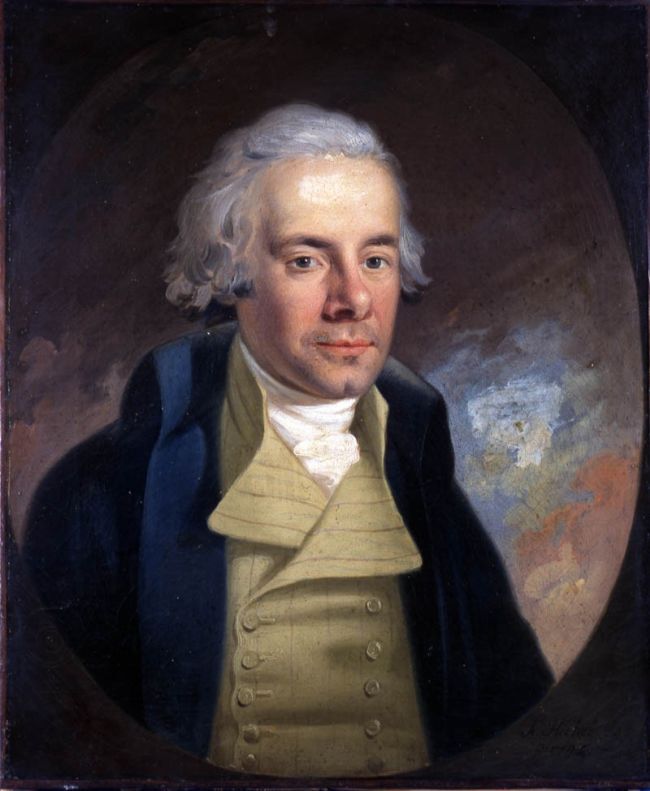Confession: I am prone to idealize Great Britain, particularly its history and past. From the comfortable distance of two hundred-plus years, life in Georgian and Elizabethan England can appear fairly idyllic to contemporary viewers--the clothes, the poetry, the art. But the reality for most British citizens during that period was actually quite bleak. For all but the wealthiest members of society, much of life was unsafe and unsanitary. The class system dominated life, and the notion that the life of a common person had equal value as his own was not a notion that would have occurred to a member of the ruling class.
One of the great reformers of this era was William Wilberforce, a superstar among his contemporaries, yet now largely unknown. He and his fellow members of the Clapham Sect are responsible for many social reforms that we take for granted today, such as improved conditions for prisoners, laborers of all sorts, and animals--he founded the Royal Society for the Prevention of Cruelty to Animals (RSPCA), which exists to this day and was the precursor to its American cousin, the ASPCA.
One of the greatest crusades of Wilberforce's life was the abolition of the British slave trade, for which he worked for practically his entire life. The House of Lords passed the Slavery Abolition Act just weeks after his death in July 1833.
I first learned about Wilberforce in Michael Apted's film, "Amazing Grace," and then subsequently the companion book of the same title by Eric Metaxas. Both are excellent and highly recommended!
William Wilberforce on Wikipedia
(Have a real-life hero or she-ro to nominate for this blog? Let me know at misslynn [at] misslynn [dot] com!)

No comments:
Post a Comment